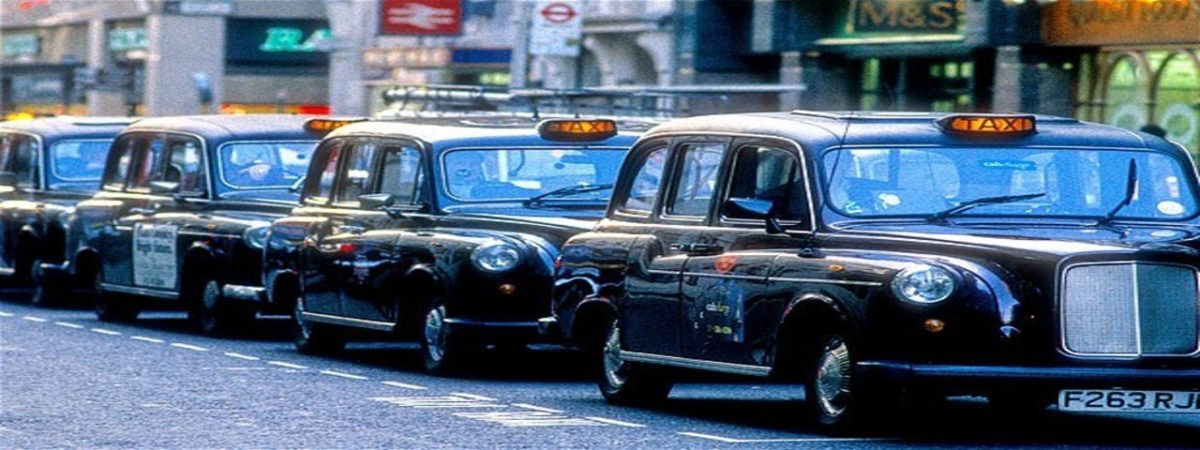If we MUST have a minimum wage, can we at least keep it simple?
SUGGESTED



Heartless capitalists riding roughshod over the law? Maybe. But the nature of the offence is unusual. I’d never really noticed, but staff in Wagamama are all required to wear the company top (which is provided) together with black jeans, trousers or skirts. But it has been ruled that, as people wear their own nether garments, they were in effect being asked to provide part of a uniform and should have been paid for it.
You live and learn. Presumably Wagamama can afford it, but I’m less sure that this is true of some of the small businesses named in the Department of Business, Energy and Industrial Strategy’s latest list of minimum wage offenders.
These lists are published around four times a year. When I last blogged about this in 2014, there were 25 firms on the current list. Today’s shamed offenders total 179. Have the numbers of businesses deliberating flouting the law really risen seven-fold?
I doubt it. What has happened is two things. One, the government has given itself the power to fine offenders rather than simply require them to pay what they owe: this has created an incentive to punish businesses rather than give them the benefit of the doubt where the law is obscure. Two, minimum wage legislation has been made increasingly complex and its reach extended by being interpreted in novel ways.
There are now five different minimum wage rates for a start: a rate for apprentices, a rate for 16-17-year-olds, a rate for 18-20s, a rate for 21-24-year-olds and the National Living Wage for over-25s. There are complicated formulas for calculating piece rates and for offsets for accommodation.
Case law now requires, amongst other things, minimum pay for waiting-on time, for time taken between sites, time taken entering and leaving security and payment of college fees for apprentices. The black jeans judgment is only the latest interpretation of the law which employers now have to bear in mind.
Things are likely to get even more complicated if Matthew Taylor’s recommendations, now being considered by the Low Pay Commission at the government’s request, are followed through. Taylor, you may recall, wants separate, higher, minimum wage rates for work carried out on a zero-hours contract basis. So we could well have ten separate rates before long.
Small businesses are often set up by people with little prior business experience. A high proportion are set up by recent immigrants. They do not have the benefit of the best legal advice or extensive human resource departments. It is only too easy to fall foul of complicated rules. Today’s list of 179 business offenders includes headliners like Wagamama, TGI Fridays and Stoke City football club (fined, incidentally, for the heinous offence of allowing match-day employees to pay for club merchandise by voluntary deductions from their pay). But much of it is a rather pathetic parade of car washes, tea shops and hairdressers. Apart from the financial costs these businesses will incur, they will face damaging publicity in their local communities even if their offences are the result of oversight or confusion rather than intent. Local press reports I have seen rarely clarify this.
The bullying tone of Business Minister Andrew Griffiths, who bangs on in the press release about ‘no excuses’ ‘absolute red lines’ and ‘forced to pay back every penny’ is inappropriate. If we are to have minimum wages (which are an ineffective means of helping poorer people) then the rules need simplifying – do we really need five rates? – and given greater clarity.
I would also argue that fines and publicity should only be given to large firms that can be expected to know the law, or to repeat offenders. This automatic naming-and-shaming of businesses is wrong.
Recommended reading:
- ‘The minimum wage: silver bullet or poisoned chalice?‘ by Prof Len Shackleton and Ryan Bourne
2 thoughts on “If we MUST have a minimum wage, can we at least keep it simple?”
Comments are closed.





I wonder what all this bureaucratic enforcement effort costs taxpayers?
None of the policing of minimum wage legislation creates a penny of wealth, but I am willing to bet that it consumes a lot of wealth.
Wagamama has the highest level of underpayments, £133,000. But that is over a 3 year period so works out at 32p per worker per week: 1p per hour for a full shift 2p for a 16hour shift. Let alone the basis of the decision.
MRN Recruitment Limited is also named. They paid 265 workers £628 less over a 4 year period. That is a penny a week each. This is a rounding error and a government shakedown.